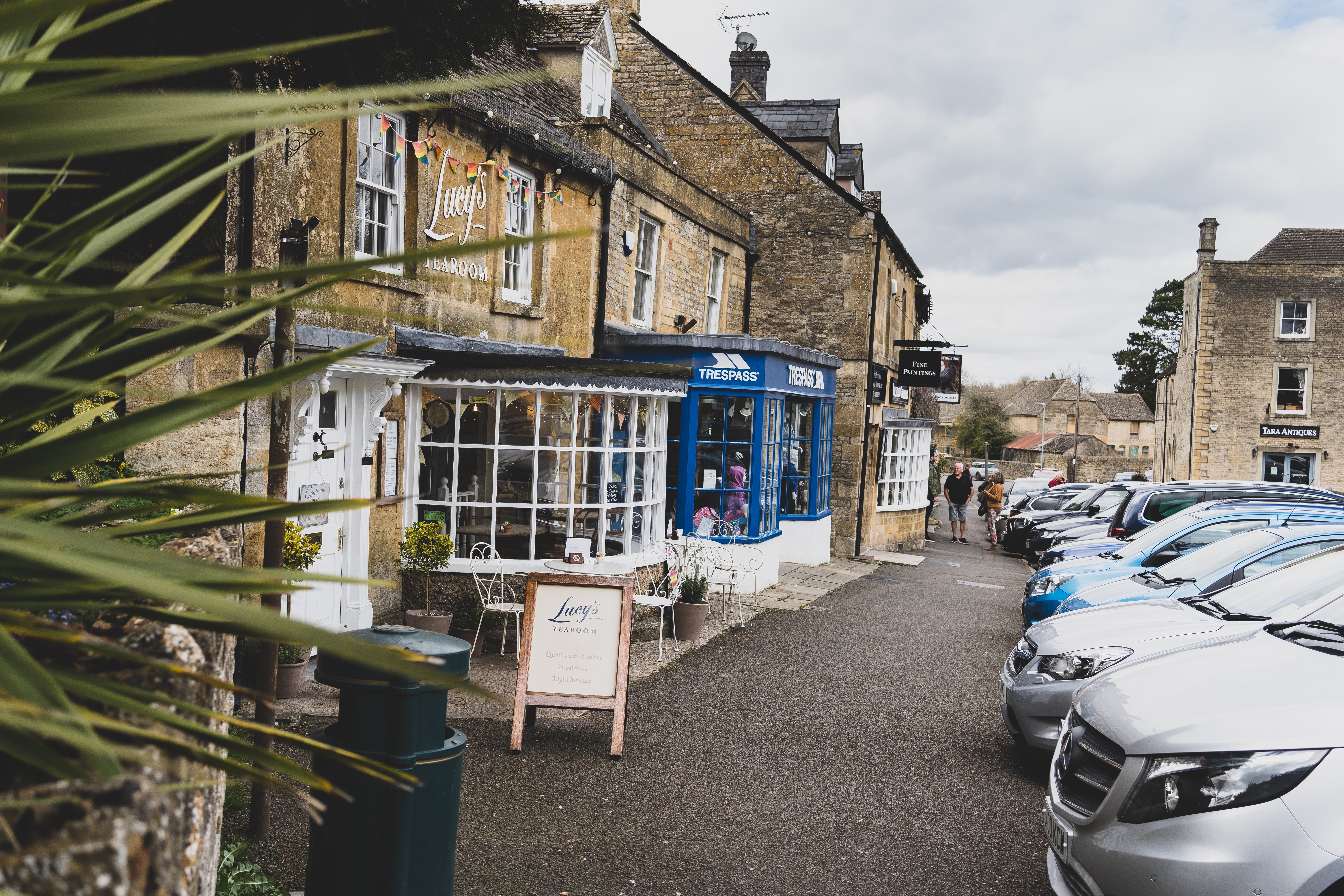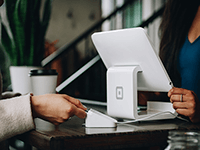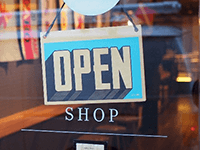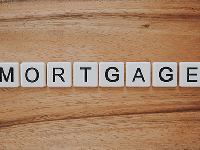
Getting a commercial mortgage can be an exciting move. However, it’s also a big decision that you need to think about carefully. So, it’s always wise to make sure you are aware of the pros and cons.
In this blog, we’ll look at some of these, so you can make an informed decision about if it is right for you and your business.
The pros of commercial mortgages
Greater control and ownership of an asset
One of the main advantages is that you will own your business property. With each mortgage payment, you will own a bigger share of the building. This means your money is going towards building ownership in an asset rather than paying a landlord.
It also gives you greater control over the space. You can start renovations without the need to get approval from a landlord. This means you can tailor the space to suit your business needs.
No sudden rent increases
Owning the property also removes any worries about sudden rent increases. Rental agreements can sometimes allow landlords to raise rent prices, leading to unexpected and possibly substantial bills. By owning the property, you avoid this uncertainty.
If you’re a newer or smaller business, this can be very beneficial.
Borrow larger amounts
Often, you can borrow large amounts of money with these mortgages. This is especially true when you compare them to other types of loans.
There may not be a cap on the maximum amount you can borrow, depending on the lender you go with. This means, if you meet the criteria, you can use the money to purchase larger, higher-value properties.
The cons of commercial mortgages
Higher deposits
Often, you will need to provide a larger deposit than with a standard residential mortgage. Many lenders will want 20-40% of the purchase price for a deposit. This could make it more difficult for a business if they do not have a lot of money available up-front.
The deposit needed depends on many factors, such as industry experience, credit history and profitability.
If you are having difficulty, you might need to take more time to save a larger deposit. You should also be ready to prove your business’s success by preparing your accounts for the lender to check.
Market dependency
The success of a commercial property investment can be closely tied to economic factors and local market conditions. Economic downturns, interest rates, changes in demand, or shifts in industry trends can impact the property's value and the business's ability to generate income.
There’s not a lot you can do to avoid this, as often these situations are out of your control. Still, you could speak with a financial advisor to get their opinion on your investment. Also, you should always conduct your own research before starting these plans.
Strict approval process
Getting approval for this type of product involves a full assessment of the business's financial health, credit history, and the viability of the property. The strict criteria can make it hard for some companies, particularly newer or smaller ones, to qualify for funding.
You can strengthen your position by ensuring your business has a healthy cash flow, reducing outstanding debts, and proving a good credit history. You could work with a financial advisor to boost your chances of approval.
Summary
In summary, you must weigh up these factors carefully to determine whether a commercial mortgage aligns with your financial goals and circumstances. If uncertain, getting guidance from a financial advisor is a good idea. They can provide valuable insights and help you find the right solution for you.
Any property used as security, which may include your home, may be repossessed if you do not keep up repayments on your mortgage.




